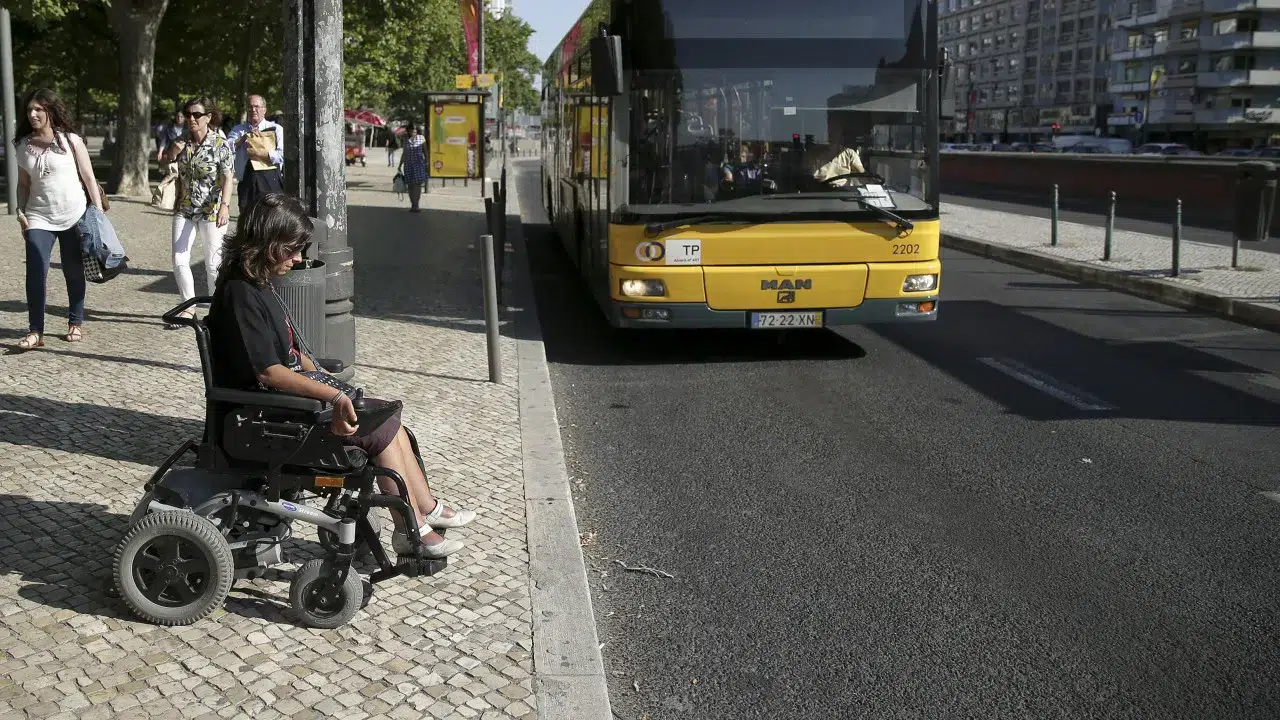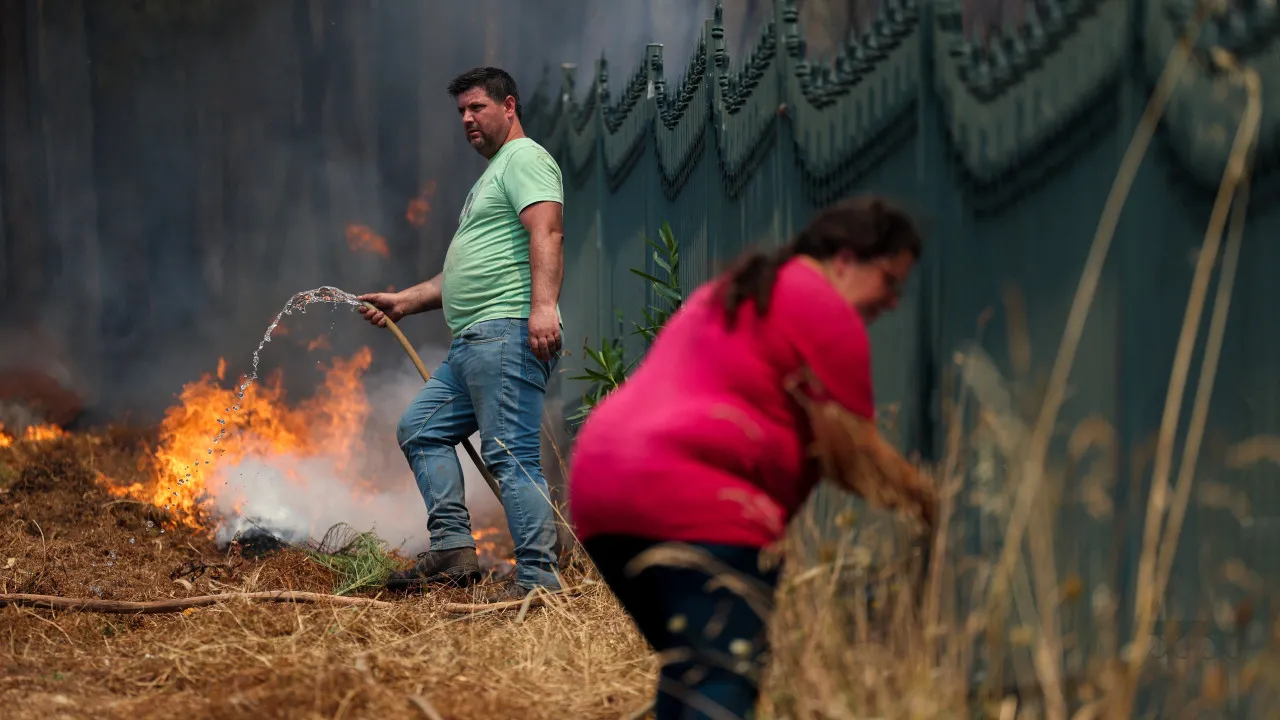
The System of Indicators for Inclusion Policies (SIPI), coordinated by the Center for Research and Studies in Sociology of the Iscte – University Institute of Lisbon, collected responses in 2025 from 721 working-age individuals with disabilities to evaluate their perceptions of public policy impacts on their living conditions.
Administrative data and the impact of disabilities on families will be added later.
In an interview, the coordinator highlighted that the surveys “demonstrate increased vulnerability among people with disabilities, despite political efforts made in recent years.”
The researcher believes this vulnerability is “strongly related to the stigma society still holds towards these individuals.”
“The study shows widespread discrimination in almost all areas. From school, where students with disabilities are often discriminated against by peers, teachers, and educational agents, to employment,” noted José Miguel Nogueira.
In education, the study finds frequent discrimination types include mockery (68%), psychological pressure or aggression (56%), and exclusion from regular class activities or field trips (52%).
“Only 38.1% of students filed complaints, but 75% of these believe the situation was not adequately resolved,” the study states.
José Miguel Nogueira emphasized that accessibility remains a chronic problem and warned of discrimination in employment access.
Even when individuals secure paid employment, “they also face situations of discrimination and prejudice.”
“This prejudice often relates to colleagues’ beliefs, comments, management, career progression opportunities, leadership roles, etc., where they truly feel discrimination exists,” he explained.
According to the official, discrimination is also evident in access to culture, sports, and politics, considering it “very depressing” that 10% of respondents involved in political parties complain about the lack of conditions to make themselves heard within their own parties.
For José Miguel Nogueira, the explanation lies in “centuries of discrimination against what is different,” which today is evident not only regarding disabilities but also other minority groups “ostracized in the name of a particular normality that society or certain societal levels aim to construct.”
He remarked on “a significant gap between legislation production and implementation and what individuals do with that implementation,” asserting that “considerable discrimination still exists,” visible “in people’s responses to individuals with disabilities.”
While acknowledging that the study can highlight the path still ahead, he rejected the notion that nothing has been done, citing, for instance, that Portugal is “at the forefront of employment support measures.”
“I hope these data, firstly, serve as a warning and, secondly, contribute to reflection and for policymakers to ‘devise better public, more inclusive policies,'” José Miguel Nogueira argued.
He also emphasized that “there has never been a minority dictatorship” — and that “is a matter of fact” — adding that “people with disabilities are historically the most discriminated minority of all.”
SIPI is a pilot project developed in partnership with the National Rehabilitation Institute, over 30 public bodies, 28 non-governmental organizations working with people with disabilities, and 16 other sectoral entities in society.




